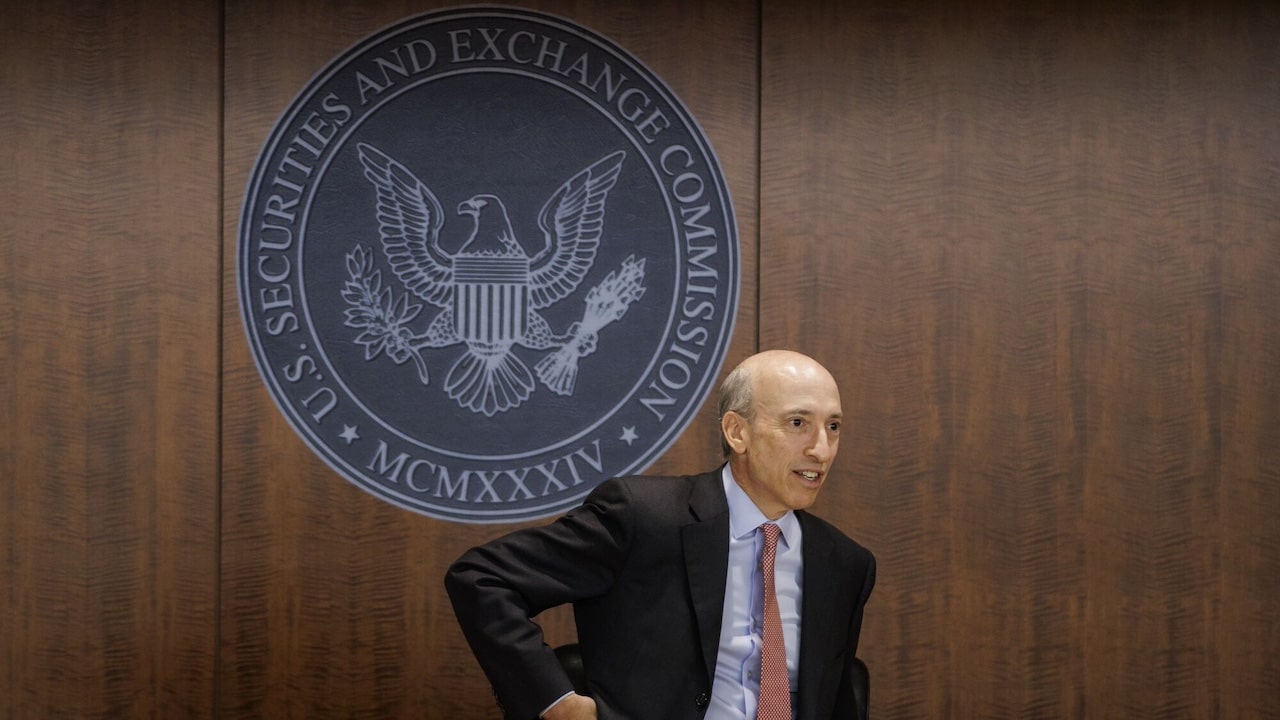United States Securities and Exchange Commission (SEC) Chair Gary Gensler faced bipartisan scrutiny over his approach to regulating the crypto industry during a House Financial Services Committee hearing on Tuesday, where all five SEC commissioners were present.
Emmer Questions SEC’s DEBT Box Case
The hearing saw Minnesota Republican Majority Whip Tom Emmer press Gensler on the agency’s handling of a case involving crypto startup DEBT Box.
In March, a federal judge in Utah criticized the SEC’s conduct in the case, deeming it to have acted in bad faith. The agency was ordered to pay sanctions, including attorney fees and costs.
Emmer pointedly asked Gensler, “Does the fact that we’re discussing this today even slightly embarrass you?” Gensler conceded that “the matters in that case were not well handled.”
The Minnesota Republican also referenced Vice President Kamala Harris’ recent comments, where she supported promoting innovative technologies like digital assets while ensuring consumer protection.
Emmer pressed Gensler to clarify if he aligned with Harris’ position or felt criticized by her remarks. In response, Gensler noted that current laws are clear, but Congress must amend them if needed.
Lawmakers Split on SEC’s Crypto Approach
There was a split among lawmakers regarding the SEC’s regulatory approach during the hearing.
Some believe the agency has not provided clear guidelines for the crypto industry. In contrast, others, such as Democrat Maxine Waters, argue that the financial agency is fulfilling its mandate to protect investors and maintain the integrity of U.S. markets.
In contrast, Democrat Ritchie Torres used a unique analogy to challenge the SEC’s stance on securities. He asked if selling a Yankees ticket would be considered security, noting that the ticket offers access to a game, similar to how NFTs offer access to content.
Gensler replied that it depends on whether buyers expect profits, referring to the Howey Test, which determines if an asset is an investment contract.
However, Torres countered, arguing that the expectation of resale profits could apply to nearly any collectible, blurring the lines of SEC regulation.
The hearing’s backdrop includes the upcoming elections, where crypto has become a contentious topic. According to a recent CoinTab report, crypto firms contributed nearly $190 million to political campaigns in 2024, mainly through super PACs like the Fairshake PAC.
